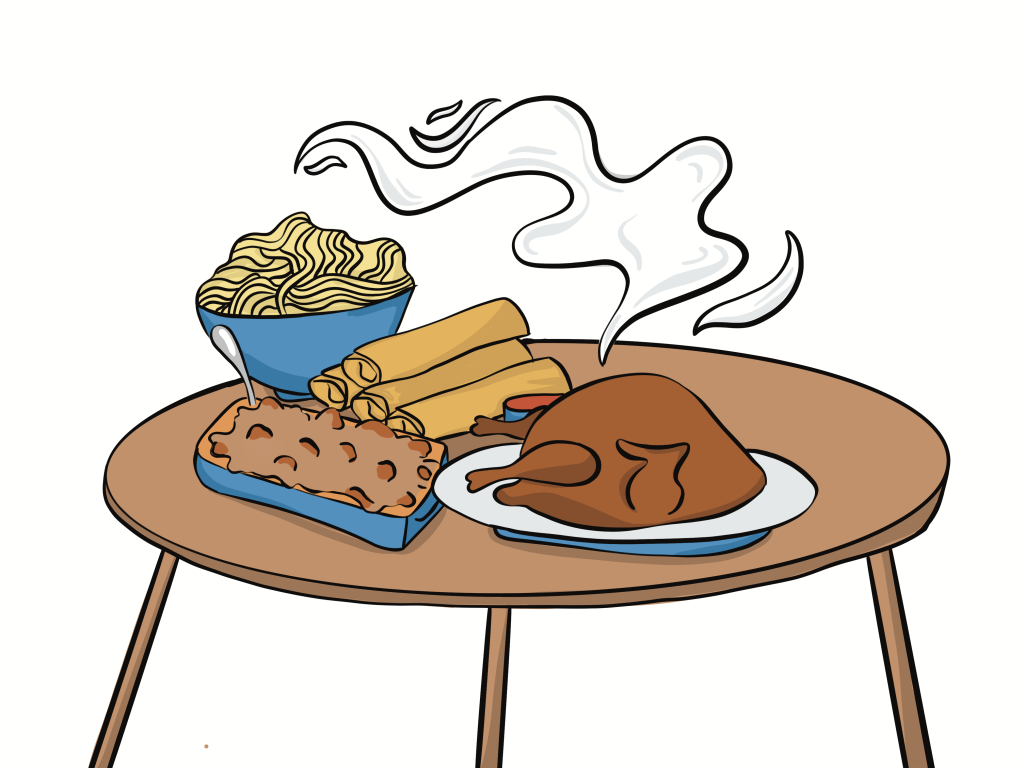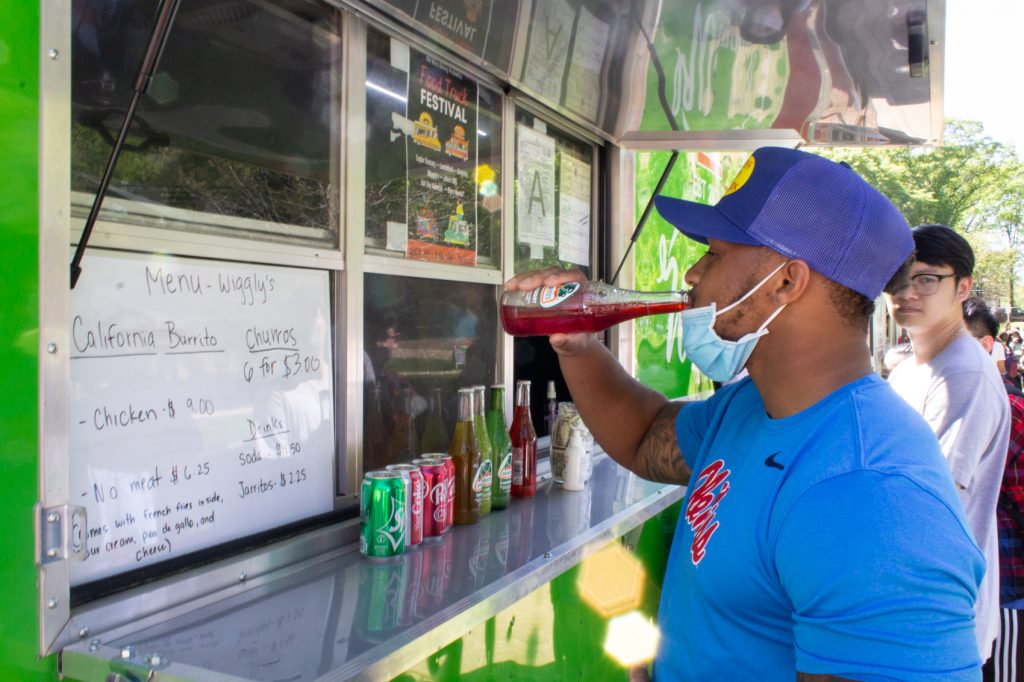
Whether Ole Miss students have a meal plan or rely solely on Flex Dollars, they depend on the dining services provided on campus to make sure they receive sustenance. Many students have to strategize how much they eat in a day to make sure their currency lasts them the week, sometimes the entire semester.
This strategizing has become a struggle in wake of rising food prices across campus.
Multiple factors cause prices to rise, according to Joshua Hendrickson, chair of the university’s economics department and an associate professor.
“Some of this has to do with supply chain factors related to the pandemic. Part of it is the war in Ukraine, and that is significant because this is affecting energy prices,” Hendrickson said. “So, it’s going to affect transportation costs, which is going to increase the cost of getting food from one place to another.”
Sophomore english and classics major Grace Mattingly copes with rising food prices on campus by getting “smaller portions.” Prices also have an impact on how healthy the meals are that she eats.
Sophomore accounting major Madelyn Pozaric believes that prices are a cause for concern due to the pandemic and unemployment rates.
“I volunteer at Grove Grocery (the university’s food pantry, which works to alleviate hunger on campus), and I’ve seen a pretty big rise in the number of students that are coming in,” Pozaric said. “From August until now, there’s been a steady increase of people. I think that partially has to do with how much food costs have risen in the past couple of months.”
Pozaric explains that even though she’s a member of a sorority that provides meals for its members, she still uses a lot of her Flex dollars for small meals around campus.
Dr. Anne Cafer, director of the Center for Population Studies and a sociology professor explained the effect expensive food can have on vulnerable students.
“I’ve worked with a couple of honors students who have done research on food insecurity on our
campus, and what I can tell you from that data is that we see students that struggle to make food
purchases, pay for housing or be able to pay for any kind of other service,” Cafer said.
Students often end up sacrificing a lot of their school lives and personal lives because they have to work.
“Students often have to forgo internship opportunities if they are unpaid because they have to be compensated for their work in order to pay the cost of living,” Cafer said. “It’s also detrimental to the students because these internships would be really helpful in terms of getting a job or increasing their marketability when they leave the university.”
Food insecurity on campus can even contribute to extended graduation, as students miss classes, fail classes or have to drop out in different semesters to keep up with their work life.
Recent food inflation on campus sets many students up for failure, Cafer said.
“They have to deal with the health consequences of that, combined with reduced mental health status and reduced opportunities in their education.”














